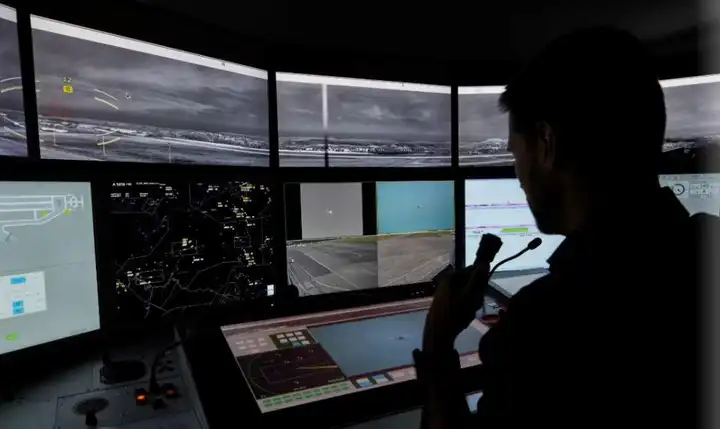The Directorate General of Civil Aviation (DGCA) announced on Monday that it will soon implement paperless digital licences for air traffic controllers (ATCOs). This innovative step marks a crucial shift in how personnel licences are managed, paving the way for improved efficiency and modernisation within the aviation sector.
The new Electronic Licence system is designed to enhance operational efficiency by allowing ATCOs to access and manage their licences conveniently on mobile devices such as smartphones and tablets. By transitioning from traditional paper-based systems to a fully digital platform, the DGCA is not only streamlining administrative processes but also providing ATCOs with immediate access to real-time updates regarding their licensing status. This accessibility is expected to enhance communication between ATCOs and pilots, leading to a more cohesive working environment in the cockpit. For pilots, this development holds several advantages. With ATCOs able to manage their licences more efficiently, the overall quality and responsiveness of air traffic control services are expected to improve. Faster access to licensed personnel information means that pilots can operate with greater confidence, knowing they are communicating with qualified controllers. This enhancement in operational dynamics plays a vital role in ensuring safety in the skies, as effective communication is paramount during critical flight phases.
Moreover, the DGCA’s initiative is aligned with broader sustainability goals. By eliminating the need for printed licences, the transition to a digital format significantly reduces paper waste, making a positive environmental impact. The aviation sector, often scrutinised for its carbon footprint, is taking meaningful steps towards eco-friendliness, reflecting a commitment to sustainability that resonates with both industry stakeholders and the general public. While the digital licence initiative represents a substantial leap forward, it also highlights the importance of training ATCOs in the use of digital tools. Ensuring that air traffic controllers are adept at managing their licences on electronic platforms will be crucial for the success of this initiative. The DGCA is expected to implement comprehensive training programs to facilitate this transition, ensuring that ATCOs are fully equipped to embrace the new system.
In summary, the introduction of paperless licences for air traffic controllers signifies a transformative moment for India’s civil aviation landscape. By enhancing operational efficiency, fostering better communication between ATCOs and pilots, and championing environmental sustainability, this initiative sets a precedent for future innovations in the sector. As the aviation industry continues to evolve, the DGCA’s commitment to modernisation and efficiency will undoubtedly contribute to a safer and more sustainable flying experience for all.


